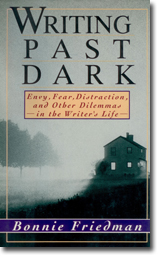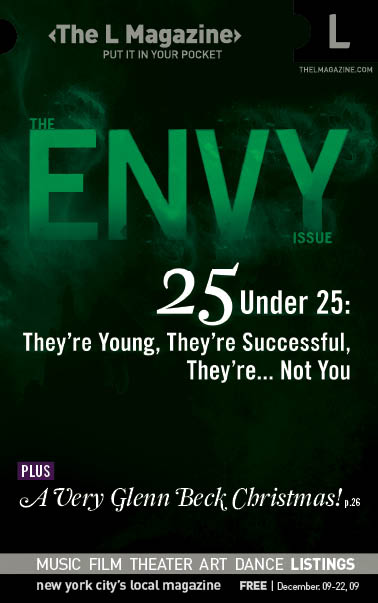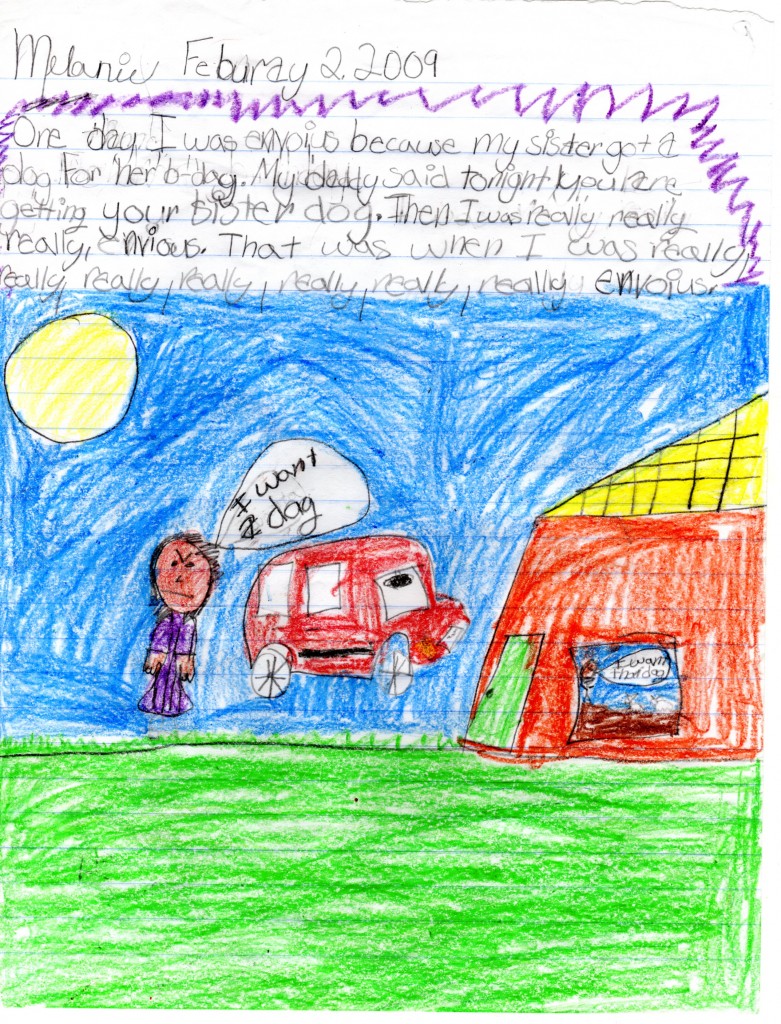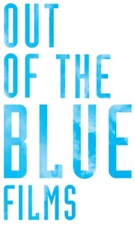Another birthday came and went this weekend and ever since I became an adult, this time of year brings a lot less joy and excitement and a lot more anxiety, stress, and (especially this year) ENVY.
I often joke with friends about how difficult it would be to convince a six-year-old that birthdays do, in fact, stop being fun as you get older. Through the eyes of six-year-olds, birthdays look pretty appealing: cake, parties, presents, friends, family, and a whole lot of fun… maybe even one of those big inflatable bouncy castles if they’re lucky. But after the age of 21 or so, birthdays stop being so fun and start to become associated with old age. As the candles get more crowded on the cake, one often begins asking those huge, inevitable life questions: What am I doing? What have I accomplished? What’s my worth? – the questions responsible for the fact that “mid-life crisis” and now “quarter-life crisis” are part of our everyday vocabulary.
From the seeds of self-doubt grow the choking vines of ENVY. But the ENVY that results from aging is especially ugly because it’s the ENVY of the innocent, of youth, of children.
A friend of mine recently told me about one of her co-workers: a musical genius who’s already established, respected, and earning a comfortable living at the ripe old age of 18. He’s not alone either. There have been plenty of “child prodigies” throughout history who secured their status worldwide in arts and sciences before most of us found a prom date. By the age of 8, Yo-Yo Ma had already performed for President Kennedy and on national TV. Blaise Pascal wrote his first scientific treatise at the age of 9. The list goes on…
I was never quite able to put my finger on the emotion that I feel when hearing stories of these Wunderkinds – kind of a mix of disbelief, self-doubt, and anger – until we embarked on this project at Out of The Blue Films. Now, I’m able to recognize it for what it is: ENVY… or, more specifically, that part of ENVY that the Germans so appropriately labeled gluckschmerz – pain at another’s good fortune.
Why is it that these child geniuses make us so full of malice simply by being talented? Wolfgang Amadeus Mozart never did anything to me personally (I never even met the guy!) so why does the fact that he had his professional debut at 6 make feel so awful?
The funny thing is, though, these kid geniuses don’t just make us feel bad, they make us feel the need to detract from their success. “Anyone can be that good if they can afford all those lessons.” “Sure she knew the periodic table by age 3, but she’ll probably never do anything important with it.”
Around birthday time, when we’re especially conscious of our age and accomplishments, ENVY is more present than ever; ENVY of not only the rare child prodigy, but often of kids in general. Once we have no choice but to come to terms with the fact that our youth is over, we start to feel the need to defend it – to convince everyone that our childhood was best, that it was our generation that overcame the worst odds; and that often manifests itself in attacks like:
“Kids today are too soft. When I was a kid, we walked to school in three feet of snow… uphill both ways!”
“Children today are spoiled. When I was young, we never had cell phones or text messages”
“Teens today are so lazy. When I was in high school, we really knew what rebellion meant.”
And on and on and on…
Statements like these may seem innocent, but they’re actually the symptoms of ENVY poisoning.
We ENVY those who have something we want but can’t have. So considering the fact that time may be the one thing we want the most but can absolutely never get back, it’s only natural to direct our deepest ENVY to those that have it in abundance – children.
It’s pretty despicable stuff, if you think about it – feeling the need to detract something from children, feeling contempt for those who are gifted at a young age. But maybe by acknowledging it, we can move past it and try and focus on the positives of growing another year older.
I know at least for me, this year when I blow out my candles, I won’t be thinking “another year, another step towards un-remarkableness.” No, that’s far too bleak, especially for someone my age. It’s time to stop comparing myself to child prodigies or measuring my success as relative to someone else’s. Sure I may have missed the boat on being a Wunderkind but there’s still plenty of time to be a Wunder-adult!
 Cool post on ambition & ENVY from Douglas Eby. Lots of insights, including mention of a title from the 90’s we haven’t yet explored but will — Bonnie Friedman’s Writing Past Dark: ENVY, Fear, Distraction and Other Dilemmas in the Writer’s Life.
Cool post on ambition & ENVY from Douglas Eby. Lots of insights, including mention of a title from the 90’s we haven’t yet explored but will — Bonnie Friedman’s Writing Past Dark: ENVY, Fear, Distraction and Other Dilemmas in the Writer’s Life.







